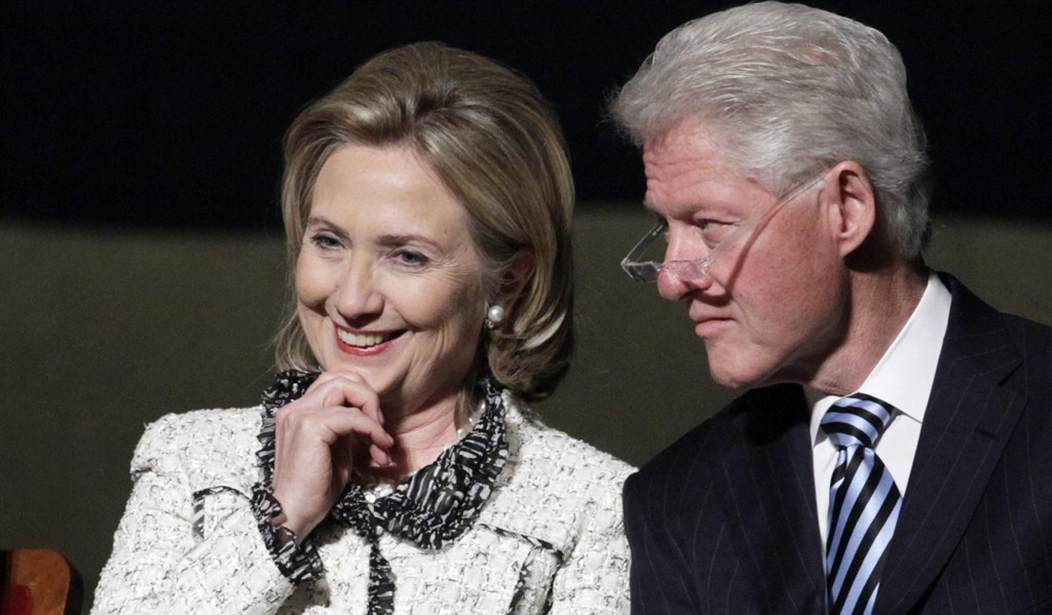The Paris-based Kurdistan Human Rights Network obtained “evidence and testimony from people that show high level of violence was perpetrated by security forces on those detained during the protests,” spokesman Kaveh Kermanshahi said.
Iran was rocked by four days of nationwide protests in November when the government announced a tripling of the cost of fuel. Iranian authorities conducted a brutal crackdown in response, killing about 1500 people, Reuters reported last week – a significantly higher toll than had previously been estimated.
Kurdish-majority areas of Iran are some of its poorest, making its residents among the hardest hit by the price hike. These areas experienced some of the worst of the crackdown; around a dozen people are believed to have died in Mariwan alone.
Detained protesters told KHRN they were held in solitary confinement for long periods of time, had food withheld from them, and were prevented from using toilets. Injuries detainees sustained during protests were not medically attended to.
Detention facilities were run by a number of authorities, including the Islamic Revolutionary Guard Corps (IRGC), the Ministry of Intelligence, and federal police. Interrogations at one facility in Mariwan were led by an IRGC official called Haji Maysam, according to KHRN.
At least one detained protester was killed in Mariwan, reported KHRN, which monitors human rights violations in Kurdish areas in Iran and advocates for their prevention.
The killed detainee was named by KHRN as 24-year-old Irshad Rahmanian. Believed to have been detained during or in the immediate aftermath of the protests, he was reportedly tortured to death. His body was found in a dam near Mariwan on December 15.
Families of tortured detainees were threatened by the IRGC to remain silent, KHRN say, and Irshad’s family is too scared to speak about what happened to their son.
“Sexual abuse and the threat of rape” using batons was used against three students detained in the city who spoke to KHRN, Kermanshahi said.
The students were reportedly freed after a few days in detention. They say they were threatened by interrogators not to discuss the sexual and physical violence they were subjected to or witnessed in the prisons.
One freed detainee recounted their experience to Kurdistan Human Rights Network in detail.
“After we were detained, they placed black bags over our head and forced us into a Peugeot 405, then took us to an unknown location. They kept us in rooms half a meter by half a meter wide. We could hear the screams of the other detainees being tortured at night, and the rooms were so small that we couldn’t stretch our legs. They kept us hungry for a long of time - they did not even give us a piece of bread,” the former detainee said.
“At night, they would take us to the yard of the detention center and force us to take off our clothes. They would use a pipe to pour cold water on us, then they would start beating us.”
The two other detainees also said they were beaten and had cold water poured on them in the yard of the detention center.
One of the freed Mariwan detainees said children were being held at the detention center and were tortured to the point of unconsciousness.
“We did not know where they take these teenagers after they fell unconscious and we don’t know if they are still alive or dead,” they said.
Two sources told the organization that a number of children under the age of 18 were detained during protests in Mariwan and taken to IRGC intelligence facility in Sepah Square, Kermanshah, where they were reportedly subject to physical and emotional abuse.
One of the freed Mariwan detainees said children were being held at the detention center and were tortured to the point of unconsciousness.
“We did not know where they take these teenagers after they fell unconscious and we don’t know if they are still alive or dead,” they said.
KHRN’s findings support those of a December 18 Amnesty International report, which said some of the thousands of protesters demonstrating nationwide against fuel price hikes and poverty in November were being held incommunicado and subjected to enforced disappearance, torture and other ill-treatment by Iranian authorities. Some of those detained were as young as 15.



No comments:
Post a Comment